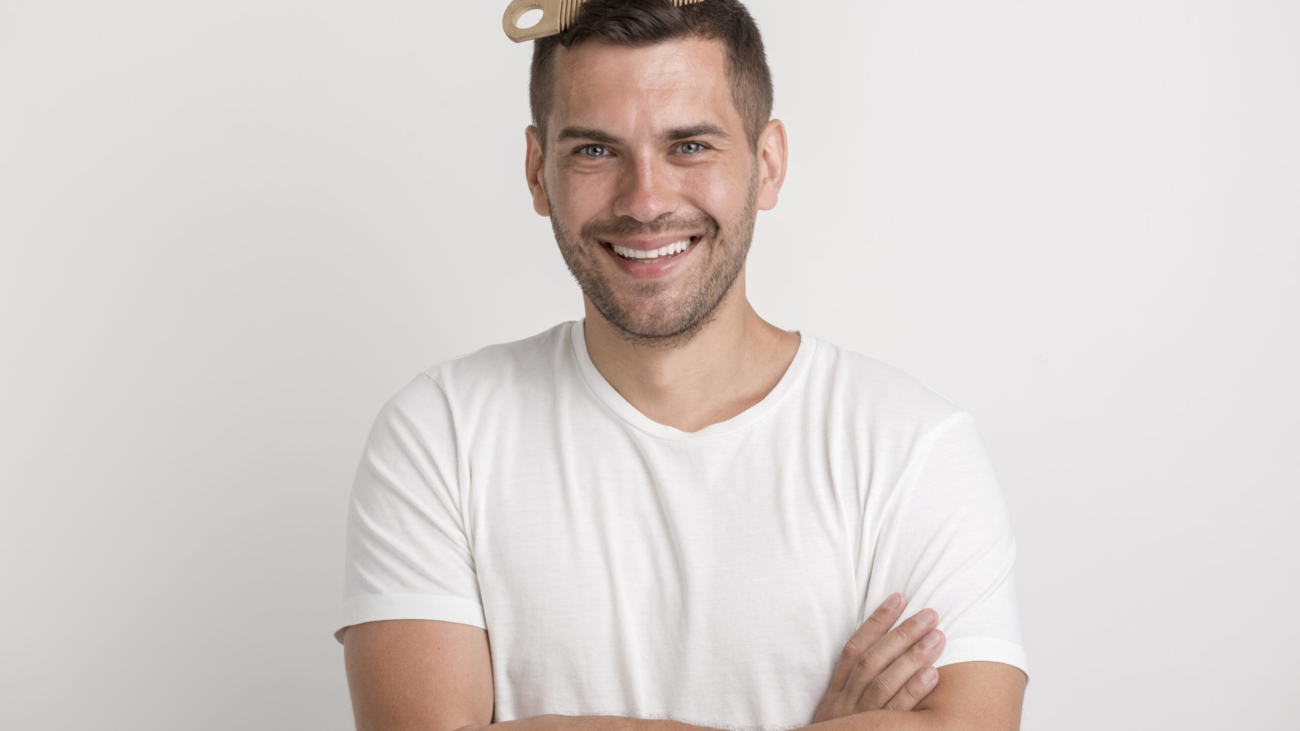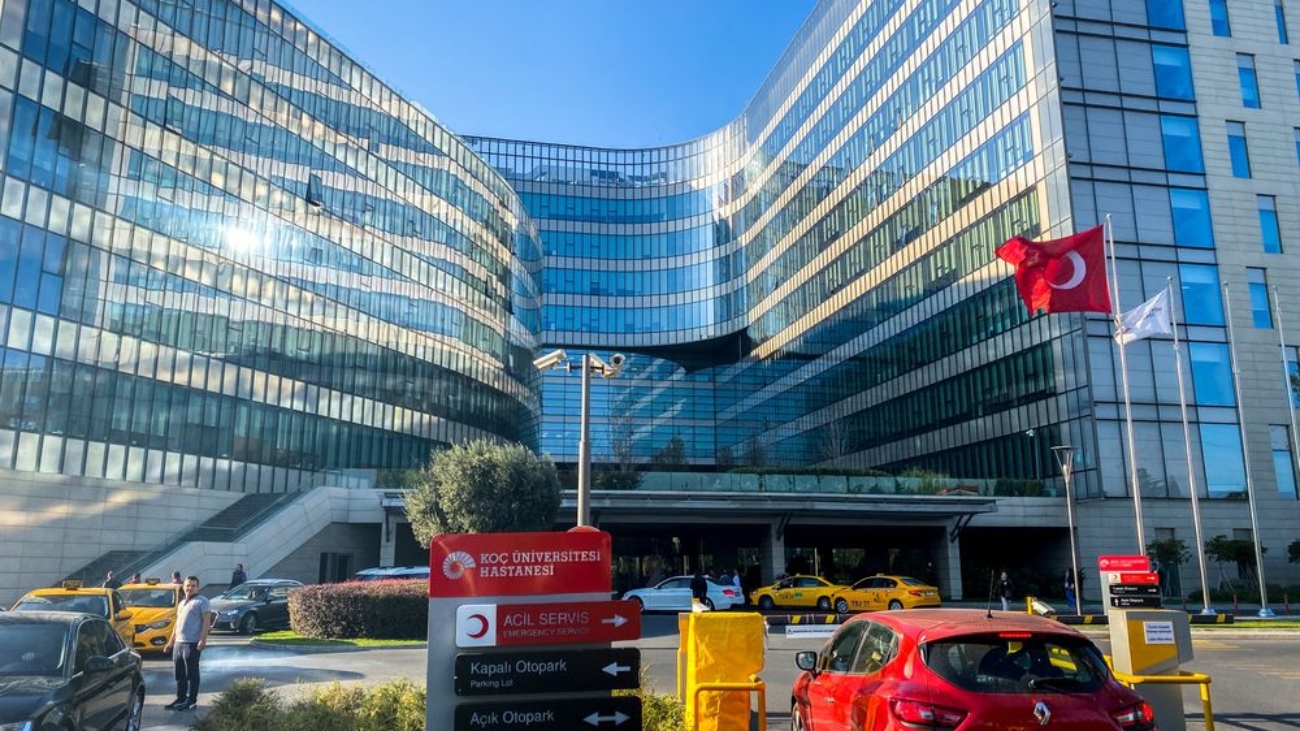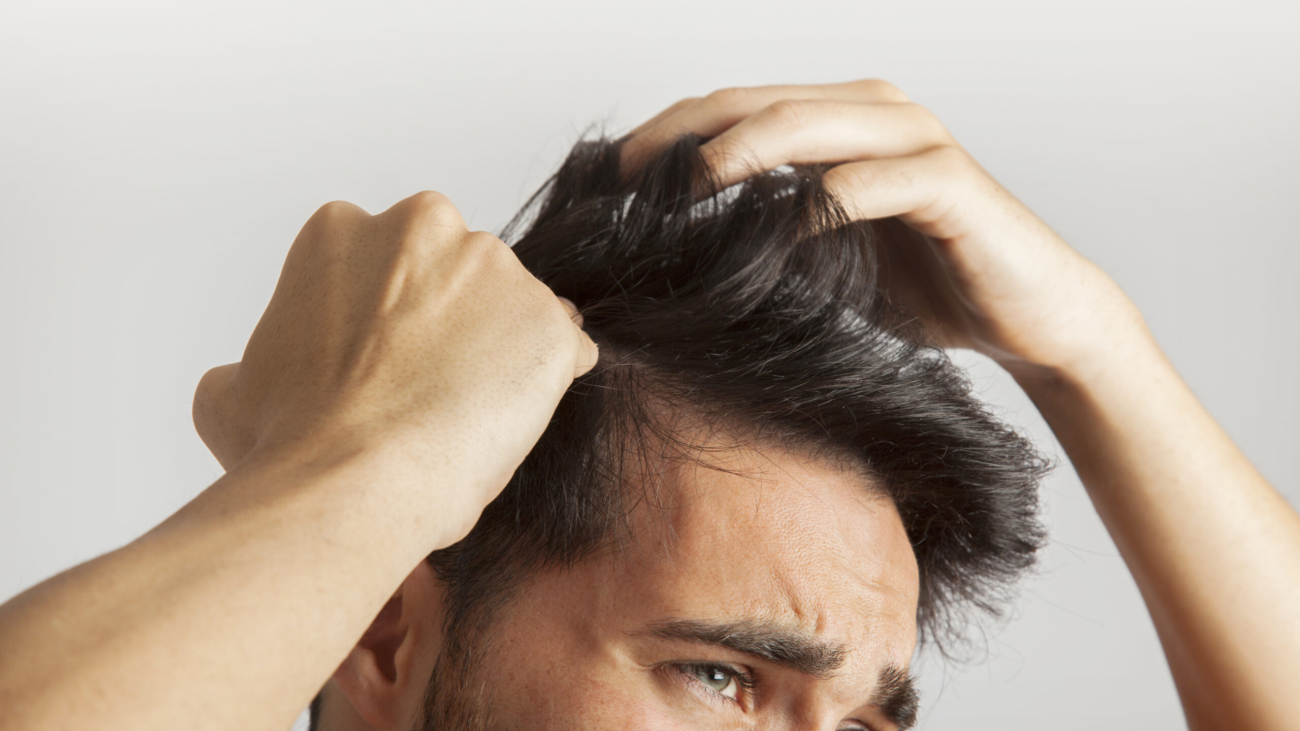What are the determining factors for a good hair-transplant surgery candidate?
- Hair transplantation is the transfer of the hair follicles from the back of the scalp (also referred to as the donor area) to the low-density area which is usually the crown area(also referred to as the recipient area). There are many underlying factors to consider before you decide to proceed with your treatment because not everyone is a good candidate for a hair transplant procedure.
You need to be well informed about these underlying factors in order to decide if you should proceed with a procedure, therefore, having realistic expectations is important. We at Esthevision analyse each patient’s case in relation to these factors and if the patient is deemed unsuitable for a successful hair transplant surgery we inform our patients accordingly as a code of conduct.
Defining your Expectations
The first factor you need to understand is that the density and the quality of your donor area is the most crucial factor in determining the success of the operation because a high-density donor area means more hair follicles can be transferred to the recipient area. This is specifically important for people with excessive baldness because the more bald the patient is the more hair follicles will be required from the back of the head which means a high-density donor area is a must for Norwood Scale level 5 and above levels of hair loss patients. It is also up to an experienced surgical team to efficiently use the donor area to transfer the hair follicles without damaging them. Esthevision’s hair transplant team with over 20 years of experience under the belt is always up to the task to carefully examine you and conduct the most suitable procedure for your situation.
We do not recommend hair transplant to the following patients; - People that have DUPA( diffuse unpatterned alopecia). These patients have a low-density or unhealthy donor areas, which makes them poor candidates for a hair transplant procedure.
- People with damaged donor areas.
- People with insufficient hair density overall the scalp along with the donor area.
- People with lack of good blood circulation resulting from damaged arteries or cardiac issues.
- People who excessively smoke or consume alcohol. For the desired outcome it is generally advised for patients to quit both habits 2 weeks before the surgery. We also advise smokers to quit permanently after the operation as smoking results in poor blood circulation which affects the healthy growth of newly transferred hair follicles.


